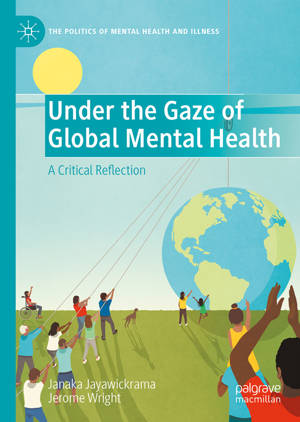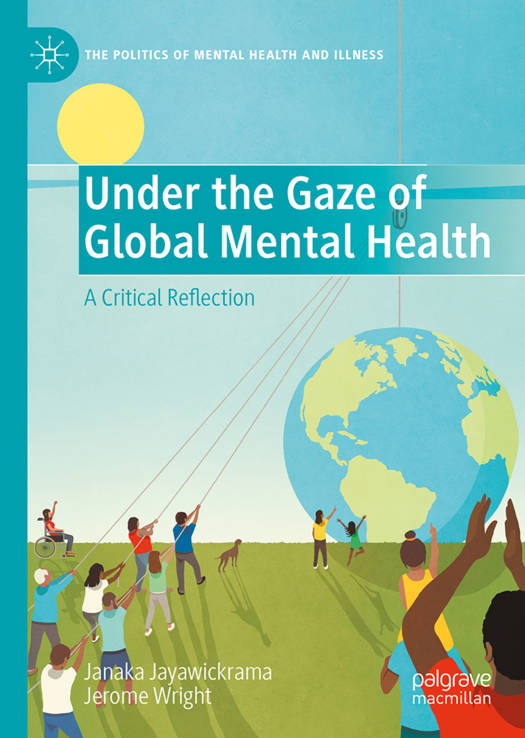
- Retrait gratuit dans votre magasin Club
- 7.000.000 titres dans notre catalogue
- Payer en toute sécurité
- Toujours un magasin près de chez vous
- Retrait gratuit dans votre magasin Club
- 7.000.0000 titres dans notre catalogue
- Payer en toute sécurité
- Toujours un magasin près de chez vous
Description
This book critically examines how the globalisation of mental health through the dominant medical model has created barriers to understanding and responding to distress with reference to cases from Malawi and Sri Lanka. Its authors argue that mental health must be understood within the overall health of an individual, and individual health is located within the social, political, cultural, economic, and environmental context in which they live. Their analyses demonstrate that supplanting locally developed responses to distress with a Western medicalised model of mental health inhibits a meaningful engagement with individuals and communities in need of care. Further, they argue that this 'supplanting' is analogous with a colonial endeavour, and one which diverts attention from the real problems of development. Across contexts it highlights the difficulties that mental health professionals face in facilitating individuals' capacities within structurally damaging socio-economic environments and increasingly commercially orientated health systems.
This book will appeal in particular to students, researchers and practitioners working across the fields of mental health, medical anthropology, social work, and health and development studies.
Spécifications
Parties prenantes
- Auteur(s) :
- Editeur:
Contenu
- Nombre de pages :
- 184
- Langue:
- Anglais
- Collection :
Caractéristiques
- EAN:
- 9783031782572
- Date de parution :
- 13-05-25
- Format:
- Livre relié
- Format numérique:
- Genaaid
- Dimensions :
- 148 mm x 210 mm







